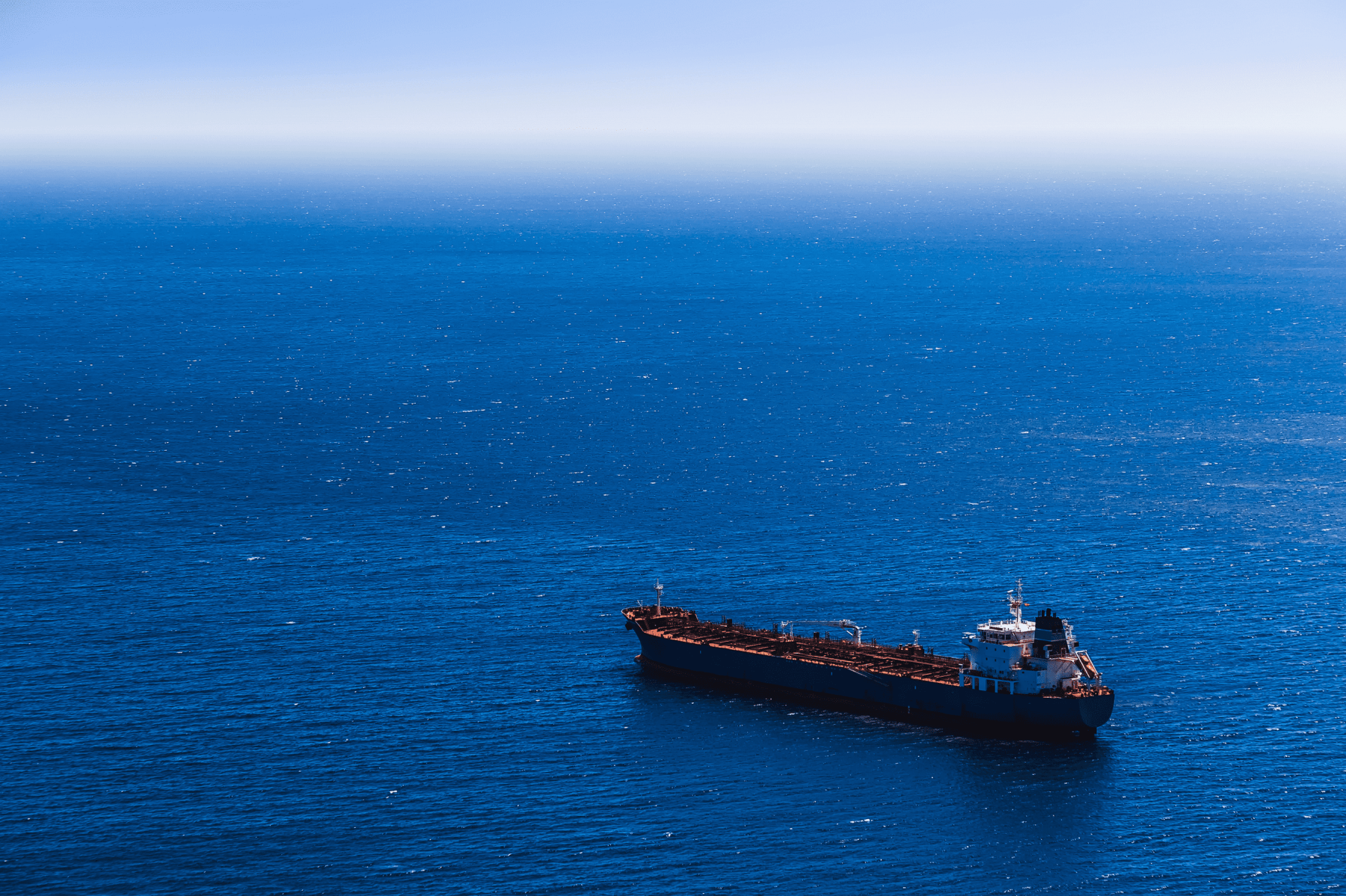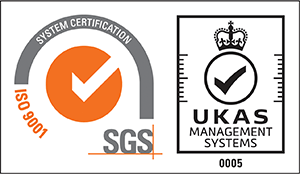The history of marine trade goes back as far as the Iron Age in Europe, when people began trading raw materials across the sea. Since then, the maritime industry has grown to play a critical role in the global economy, with the international shipping industry responsible for transporting 90% of world trade.
The ‘ocean economy’ is defined by the Organisation for Economic Co-operation and Development (OECD) as the sum of ocean-based industries’ economic activities, together with the assets, goods and services provided by marine ecosystems.
As the population expands and the need for resources increases, the ocean economy is expected to grow steadily to meet rising demand. So, how important is it for governments to secure the future of the maritime economy — and how will they do it?
Considerations for the UK’s marine industry
The size and structure of the UK’s marine economy are difficult to determine, but it is undoubtedly a crucial economic asset that supports the employment of millions of people. In fact, a recent study by Plymouth Marine Laboratory (PML) revealed the UK’s marine industry contributes double the value to the economy than was previously estimated.
Contributing sectors include marine oil and gas, leisure and recreation, shipping, business services, fishing and aquaculture, offshore wind, defence and education — plus many more. UK waters host critical infrastructures such as undersea cables and coastal nuclear power stations, and 95% of all UK imports and exports move by sea through over 400 British ports. As such, marine activity is crucial for supporting the UK economy and the rest of the world, with nations worldwide relying on the system for supplies and food security.
However, for the sea to support this growing activity, policies must be put in place to ensure the marine industry can operate sustainably to avoid ravaged resources and political tension. We have seen first-hand what happens when international seaborne trade is disrupted over the past 18 months, as COVID-19 and Brexit continue to put unprecedented strains on global supply chains for almost every industry.
For example, container freight rates from Asia to the UK almost quadrupled at the end of 2020, as demand for consumer goods and materials — combined with labour shortages and congestion at ports — created bottlenecks at borders. Human activity such as overfishing, plastic and chemical pollution also impacts marine biodiversity, threatening the health of the ocean and the future supply of vital resources.
So, the maritime industry must consider the long-term impact on ecosystems and embrace technology to improve international marine management.
Supporting a sustainable ocean economy
The world’s population is predicted to reach at least nine billion by 2050, with demands for resources and economic security to match. The maritime industry can meet these demands, but with climate change and overexploitation already a pressing issue in 2021, governments must work with the marine sector to reimagine the future of maritime activity.
International cooperation will be vital. As the value of marine territory grows, so does the potential for illegal activity and global tensions over disputed regions — such as in the South China Sea between the US and China. So, governments and organisations must work together, embracing developments in satellites and autonomous technology to monitor activity and enforce maritime law.
Sustainability must also be a top priority to prevent rising sea levels and causing irreparable damage to already fragile ecosystems. Scientists and researchers are continually improving their understanding of the sea and its ecosystems to enable activity to continue responsibly, so policymakers must work with them to find ways to stimulate economies in a post-pandemic world.
As an industry, the maritime sector must address the critical threats to biodiversity and enforce policies that allow nations to harness the benefits of the ocean economy whilst preserving the health of its resources. Such measures could include improved zone marking, plastic and chemical pollution management, and the development of technologies such as robotics and data buoys to collect accurate data from water, weather and seabeds.
As the UK and Ireland’s leading supplier of marine aids to navigation, we are passionate about supporting a sustainable future for the maritime economy. Get in touch to discuss the products and services we can supply for your next project.








